If only product excellence was all it took. Truth is, design and engineering are just small pieces of the puzzle that determines the sales success of an automobile.
When a vehicle underperforms among its peers, the reason can be as simple as the size of the manufacturer that makes it. Smaller auto makers have fewer dealers, so they have less market reach. In Nelson, B.C., for instance, there are Chrysler, Ford and Toyota dealers, but the closest Mazda dealer is 340 kilometres away in Kelowna. Or if you owned a Subaru in Edmundston, N.B., you'd be faced with a 120-kilometre drive to get factory service or repair – the closest dealer is in Rivière-du-Loup, Que.
Consumer awareness is another challenge for smaller auto makers. Subaru has been in Canada for decades; it advertises extensively, and its products are highly regarded. Yet, company executives still say too few potential buyers even know Subaru exists. Sure, gearheads admire the performance models, and its CUVs have a strong following, but Subaru's mainstream sedans are rarely on the radar of shoppers.
Then again, some products are hamstrung by too much awareness. A bad rap can be earned in an instant, yet take ages to erase in the minds of a public who may remain vaguely aware of some negative publicity associated with a product decades previously. Never mind the product in question has been totally redesigned three times since then. There are probably still people who would never buy a Volkswagen because they associate the name with the original Beetle. Whatever the reason, here are nine vehicles with sales we think punch well below their weight.
Ford Focus
Ford
Ford is the top-selling auto maker in Canada. Many of its products are also the sales leaders in their respective segments. Worldwide, the Focus is one of the world's top-selling nameplates, and with good reason: It's a good-looking, great-driving car with loads of standard or available technology. Yet, none of this counts for anything in Canada. Last year, the Focus ranked a lowly ninth in compact-car sales, between the Nissan Sentra and the Kia Forte. Put another way: Ford of Canada as a whole had an overall market share of 15.6 per cent in 2016; within its own segment, the Focus scored just 4.3 per cent.
Mazda6
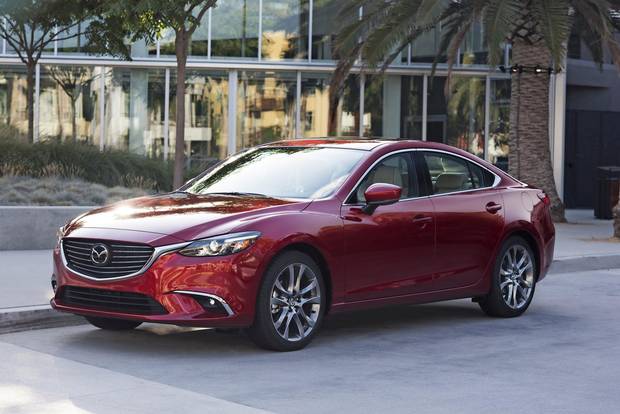
Mazda
Mazda is a relative minnow among auto makers, but that hasn't held the brand back in Canada. The MX-5 sports car is an icon. The Mazda3 has long been among the top-three-selling compact-car nameplates. And the CX-5 is a solid contender among compact CUVs. None of that seems to have rubbed off on Mazda's mainstream mid-size sedan. Stylish, athletic and fuel-efficient, the current-generation Mazda6 was the Automobile Journalists Association of Canada's 2014 Car of the Year. And what does that get it? A lowly 18th spot in mid-size sedan sales last year with a segment share of 1.6 per cent.
Chevrolet Sonic
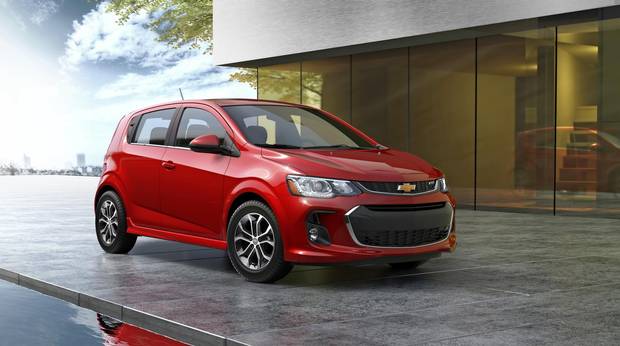
GM
GM may not be the biggest of the Big Three any more, but its 13.7-per-cent overall market share in Canada is still significant. Yet, its Chevrolet Sonic subcompact flies at subsonic speed. Last year, its sales sank 27 per cent and it ranked a distant eighth in its segment with 4,203 sales – far behind the 19,198 sales for the category-leading Hyundai Accent. The Sonic is a decent little car, with an available turbo engine, fun-to-drive handling and a roomy, practical interior. With GM might behind it, it should sell better.
Kia Rondo
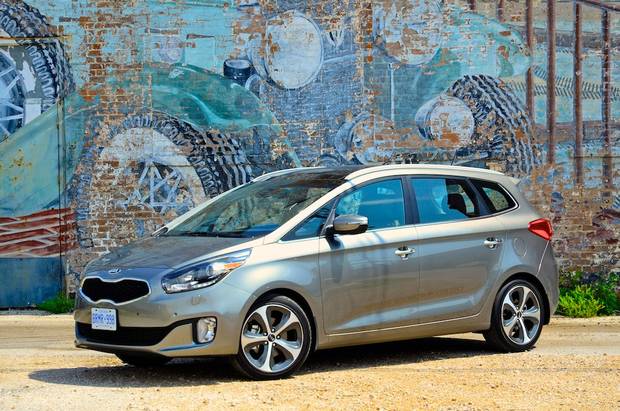
Kia
Canadians claim to love their utility, but it seems if that utility doesn't come in SUV-shaped wrapping, they're not interested. Considering it was a new nameplate from an unfamiliar auto maker, the compact Kia Rondo, with its three-row seating, was a surprise hit when it first came to Canada in 2007. Sales hovered at just fewer than 10,000 in 2008 and 2009, then averaged a solid 6,200 over the next four years. A stylish redesign arrived in 2013 … and sales tanked. Last year's tally of 1,963 was a 45-per-cent plunge from 2015, and just one-fifth of its 2008 peak. Where did all the love go?
Jeep Renegade
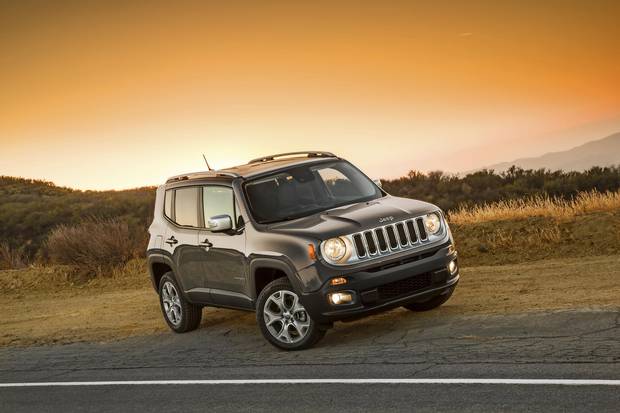
FCA
If small CUVs are the new best thing since sliced bread, what could be more appealing than a small CUV that's also a Jeep? Apparently almost anything, judging by sales of the Renegade. Last year, the Renegade achieved 3,962 sales. That's less than 1 per cent of a category that notched up almost half a million units in 2016. Part of the Renegade's problem may be sibling rivalry: The elderly but cheap Compass and Patriot are still around, while the well-selling Cherokee better fits the template for "mainstream compact CUV." Of course, it's also possible some potential buyers had issue with the styling.
BMW Z4
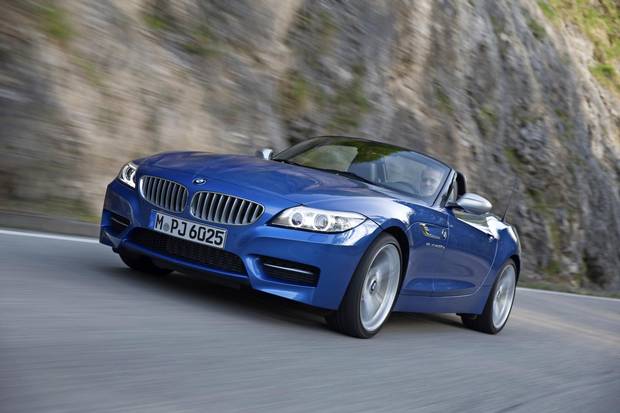
BMW
In a market gone mad for trucks, spendy sports cars effectively held their own in 2016 (down just 0.3 per cent). But that didn't help BMW's zesty little sports car. Even in a category where three-digit annual sales numbers come with the territory (it's called "exclusivity"), the Z4 was an underachiever. It racked up exactly 100 sales in 2016, down from 125 the year before. Compare that with 280 Mercedes SLKs, 590 Audi TTs and 690 Porsche Boxsters and Caymans. Of course, the current design has been around a long time and was discontinued for 2017. No word yet on a replacement.
Nissan Titan
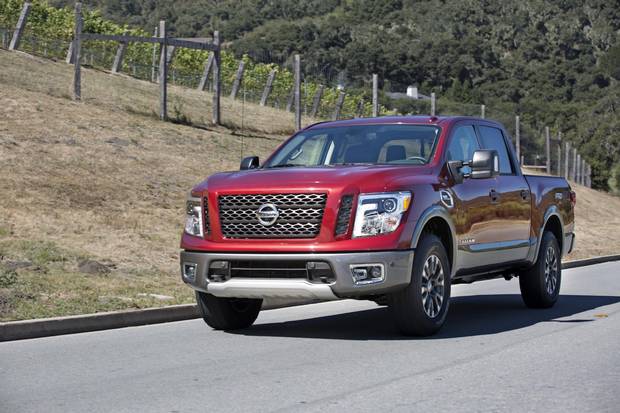
Nissan
There's big bucks to be made in big trucks, but Detroit had a long head start in this market where buyers are notoriously brand-loyal. Still, that didn't stop a couple of Japanese brands from challenging the Detroit monolith. Toyota's Tundra line achieved 11,364 sales last year, which isn't much in a segment of almost 350,000 sales. But it's still a lot better than the 2,715 sales of the Nissan Titan – about 0.8 per cent of the segment. In fairness, Nissan was in the process of rolling out a new design and there was some hiatus in availability. Then again, even the 3,226 Titans sold in 2015 was a market share of only 1 per cent.
BMW i3
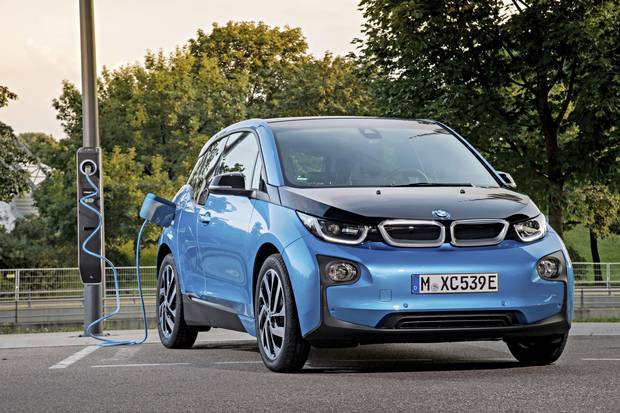
BMW
You know you should take climate change seriously when BMW becomes a sustainability evangelist. The long-time purveyor of Ultimate Driving Machines created a whole new brand, and invented a new production process, to generate the electrified i3 city runabout and the i8 supercar. While the i8 provides glamour, the i3 is actually a blast to drive too, in its own way. And for an electric car that's also a BMW, it's not that expensive (from $47,500). Buyers, however, remain unconvinced. BMW Canada reports combined i Series sales of 523 in 2016. If we assume 80 per cent of those were i3s (as in the United States), that makes 418. In the same period, Chevrolet sold 3,084 Volts and Nissan sold 1,375 Leafs. Could it be the way it looks?
Toyota Avalon
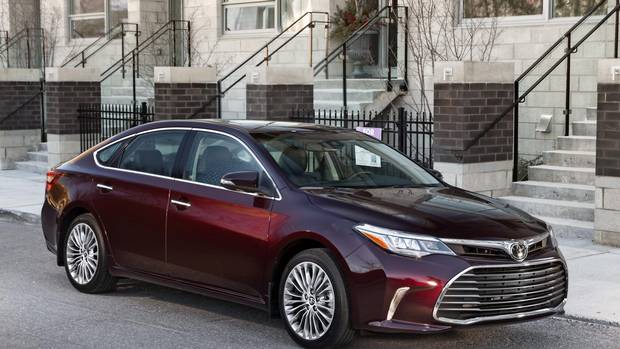
Toyota
Ever fewer buyers seem to want traditional family sedans. And even those who do, don't seem interested in the particular blend of space, pace, luxury and reliability offered by the Toyota Avalon. Perhaps people are unsure where it fits in the market: It comes from a mass-market brand, yet its pricing (from $39,900) and premium appointments (leather is standard) place it at the low end of the luxury segment. Whichever way you categorize it, Avalon sales don't match the goodness of the product. Toyota sold 586 of them in Canada last year, down 23.4 per cent from 2015. That's a market share of just 0.9 per cent among entry-luxury sedans, or 0.5 per cent if you count it as a mainstream sedan. It deserves better.